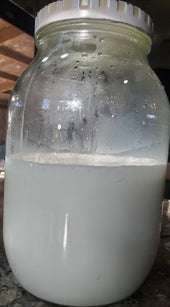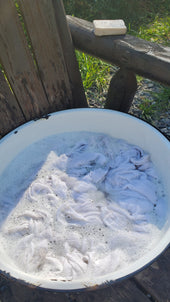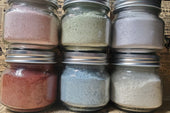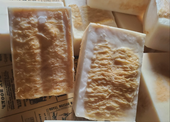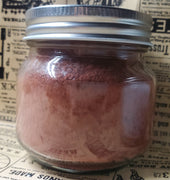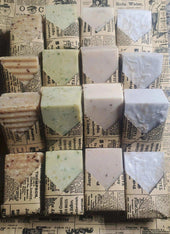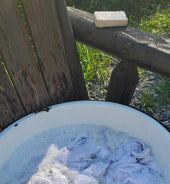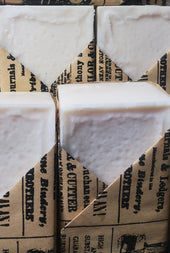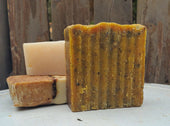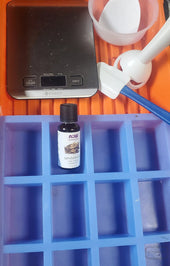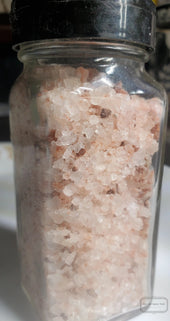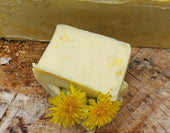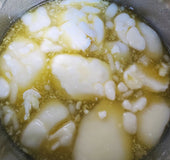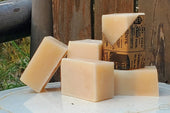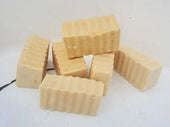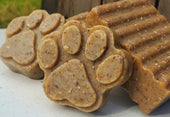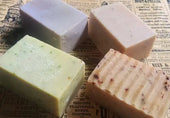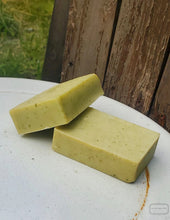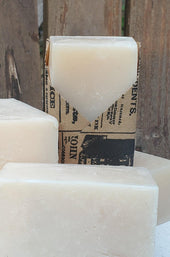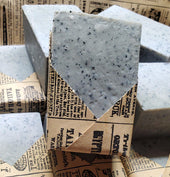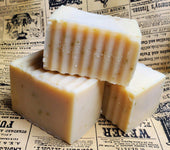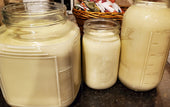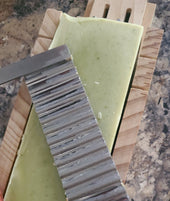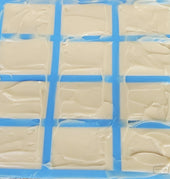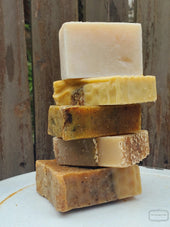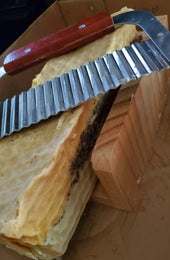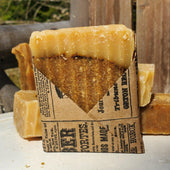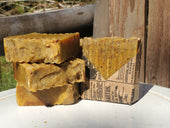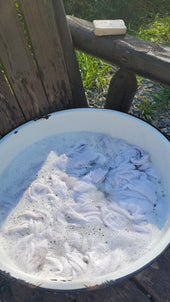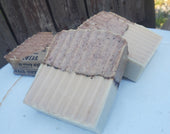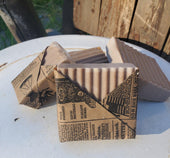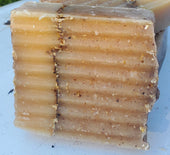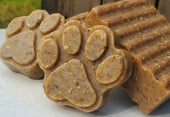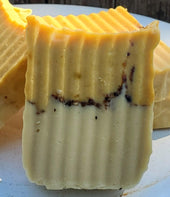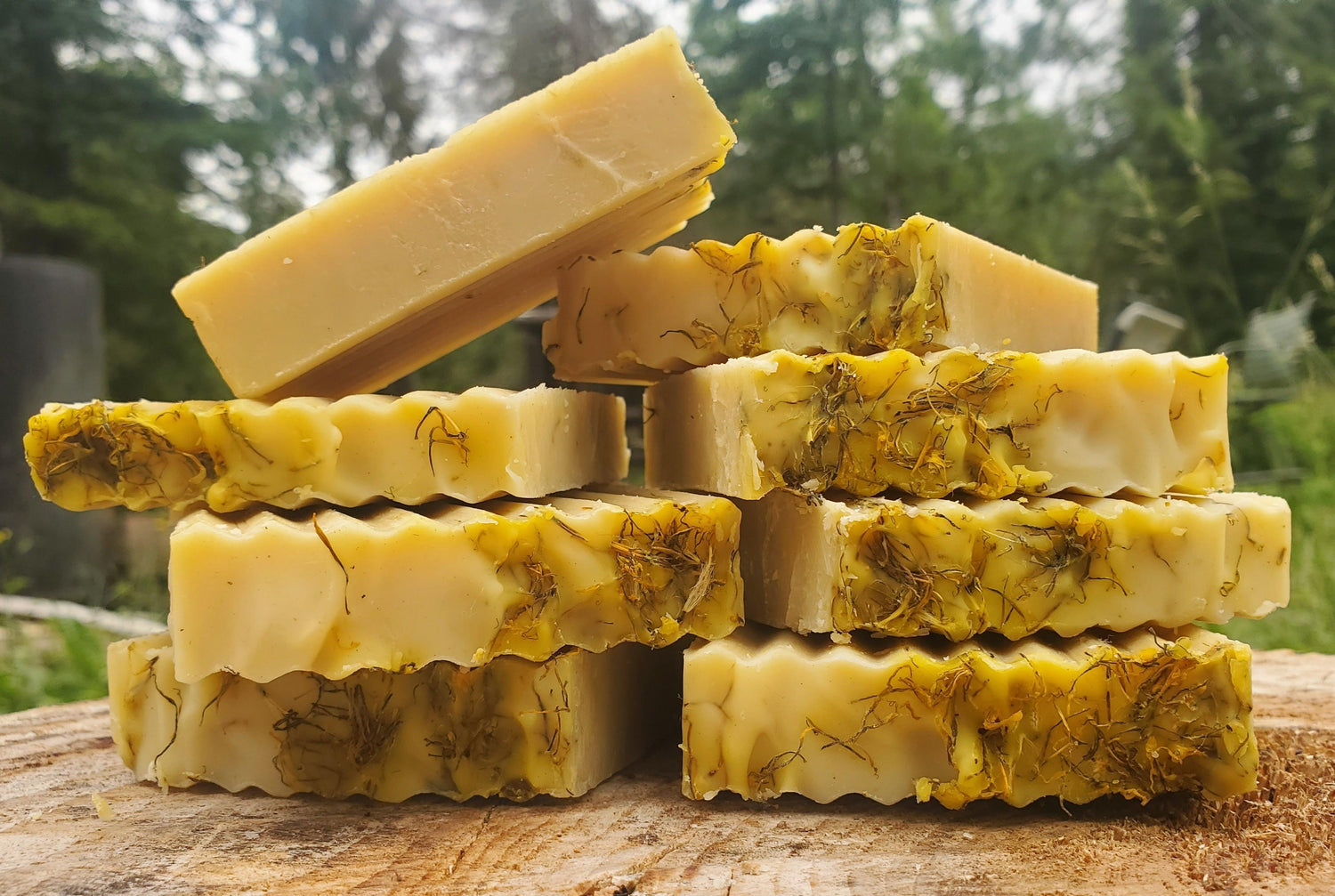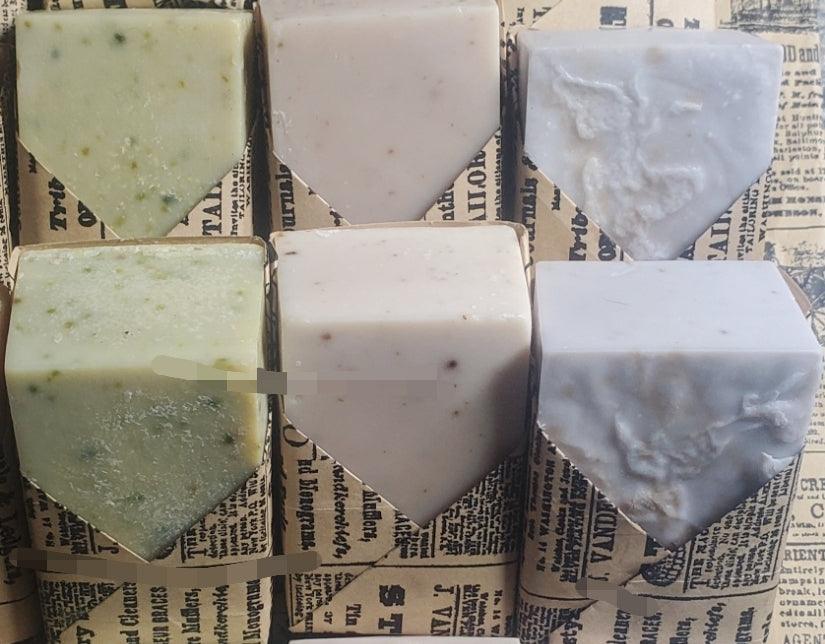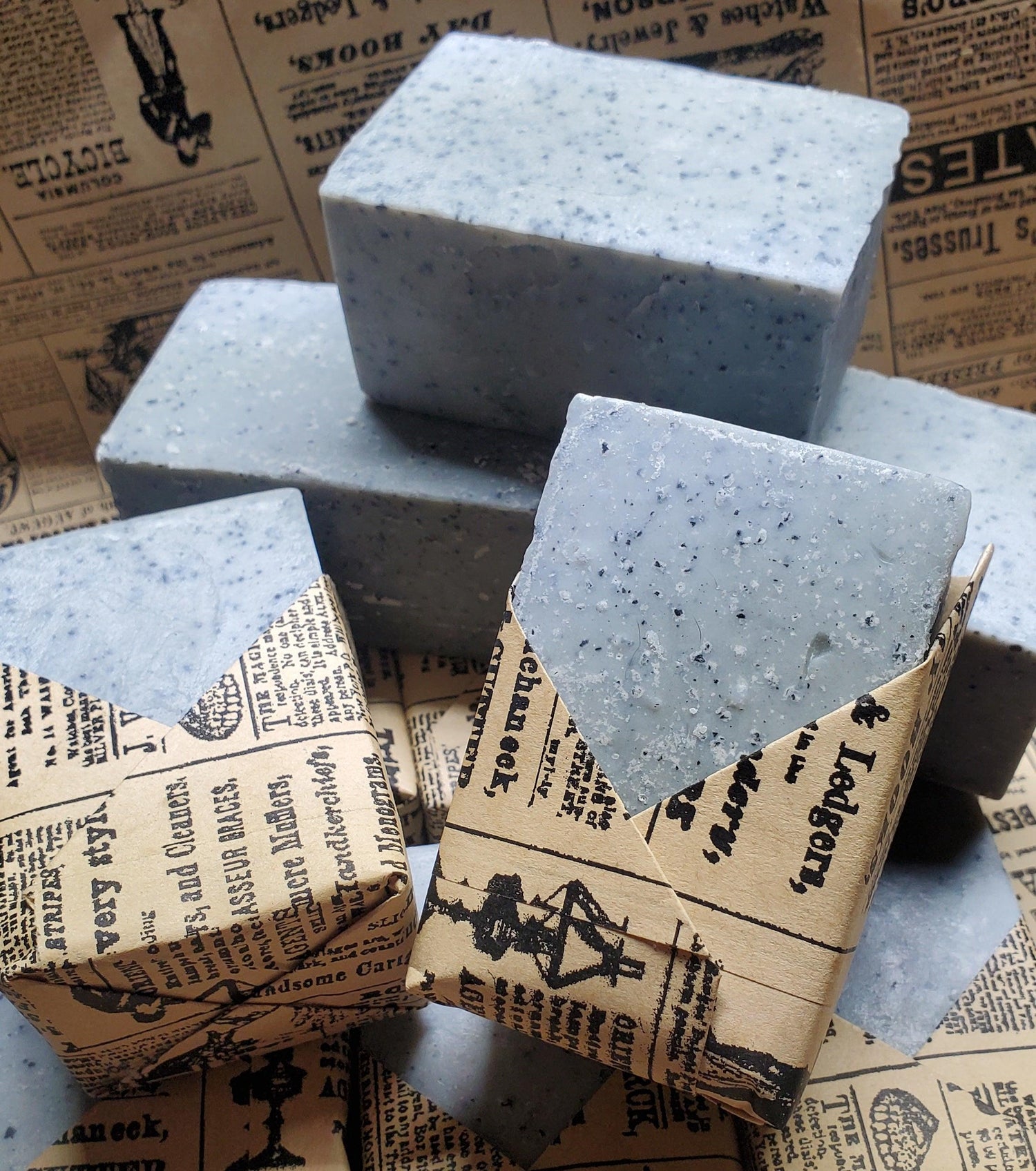Everyone should take their skin care seriously. Maintaining a healthy skin barrier is essential for overall health and well-being. While often overlooked in daily skin care routines, it plays a crucial role in protecting our bodies from external threats and maintaining internal balance.
Lets explore the structure and function of the skin, the importance of keeping it healthy, common factors that can compromise its integrity, and how using natural products can support keeping it healthy.
Our skin is composed of three primary layers: the epidermis, dermis, and hypodermis. The outermost layer, the epidermis, houses the skin barrier, also known as the stratum corneum. This layer is a complex structure made up of tightly packed dead skin cells (corneocytes) held together by lipids, forming a brick-and-mortar-like arrangement. The corneocytes act as bricks, while the lipids, consisting mainly of ceramides, cholesterol, and free fatty acids, function as the mortar. This is also home to our skin's microbiome.
The microbiome is the community of microorganisms that live on or inside a living or non-living organism, such as humans or the environment. These microorganisms can include bacteria, viruses, fungi, archaea, algae, and protists. Our microbiome plays a key role in human health and wellness. These benificial microbes protect us from pathogens and help develop our immune system. Microbes also help digest our food to produce the energy our bodies need to function. The gut microbiome may help control blood sugar and lower the risk of diabetes. Some scientists think the microbiome may communicate with the brain. This layer is dynamic and changes in response to environmental factors like diet, exercise, and medication. Harsh unnatural soaps indiscriminately kill these much needed benificial organisims found with in our skin's microbiome.
The skin covers the entire external surface of the human body and serves as a protective barrier against environmental factors like harmful bacteria, chemicals, and temperature changes. It acts as a shield against aggressors such as pollutants, pathogens, and UV radiation. It prevents TransEpidermal Water Loss (TEWL), helping to keep the skin hydrated. The multiple layers play a role in the immune defense by preventing the entry of harmful microorganisms and allergens.
A healthy skin barrier is crucial for maintaining proper hydration. When the barrier is intact, it effectively retains moisture, keeping the skin supple and smooth. On the other hand, a compromised skin barrier leads to increased TEWL, resulting in dryness, flakiness, and a rough texture.
The skin barrier's protective function is paramount in defending against environmental factors such as pollution, bacteria, and UV radiation. A strong barrier minimizes the risk of infections, inflammation, and other skin conditions.
A well-functioning skin barrier reduces the likelihood of skin sensitivity. It prevents the penetration of irritants and allergens, which can trigger conditions like eczema, rosacea, and contact dermatitis.
Maintaining a healthy skin barrier can also contribute to anti-aging. By preserving hydration and protecting against environmental damage, the barrier helps to minimize the appearance of fine lines, wrinkles, and age spots.
Exposure to pollutants can lead to oxidative stress, weakening the skin barrier and causing damage. Prolonged sun exposure can degrade the lipids in the skin barrier, leading to increased TEWL and damage to skin cells. Extreme weather conditions, such as harsh winds, cold temperatures, and low humidity, can strip the skin of its natural moisture, compromising the barrier.
Poor nutrition can affect the skin's ability to maintain its barrier function. Diets lacking in essential fatty acids, vitamins, and antioxidants can also weaken the skin barrier. Chronic stress can impair the skin's ability to repair itself, leading to a compromised barrier. Inadequate sleep affects the skin's natural repair processes, weakening the barrier over time.
Over-cleansing or using harsh cleansers on the skin can strip away natural oils, disrupting the skin barrier. Over-exfoliating can damage the stratum corneum, leading to increased sensitivity and irritation. This can also remove the microbiome in the process. Skincare products containing alcohol, sulfates, and synthetic fragrances can irritate the skin and compromise the barrier as well.
Want to begin incorporating natural products into your daily routine? Start with natural cold-processed soaps, which provide a gentle yet effective cleansing without stripping the skin of its natural oils.
Remember to protect your skin against environmental stressors. During prolonged sun exposure, always use Sunscreen. Protect your skin from UV radiation by applying a broad-spectrum sunscreen with at least SPF 30. Wear Protective Clothing, use hats, sunglasses, and long sleeves to shield your skin from the sun and harsh weather conditions. Minimize your pollution exposure. When possible, avoid heavily polluted areas and cleanse your skin thoroughly after exposure.
It is important to maintain a healthy lifestyle and eat a balanced diet. Consuming a diet rich in fruits, vegetables, healthy proteins, and healthy fats help to provide the nutrients your skin needs. Stay hydrated! Drink plenty of water to maintain skin hydration and support overall health. Manage your Stress. Practice stress-reducing activities such as yoga, meditation, and regular exercise. Get enough quality sleep each night to allow your skin to repair and regenerate.
The role of a healthy skin barrier and biome cannot be overstated. It is the first line of defense against environmental aggressors, plays a crucial role in maintaining hydration, and is essential for overall health.
By incorporating natural ingredients into your routine and adopting healthy lifestyle habits, you can support and maintain a strong skin barrier and microbiome, ensuring your skin remains healthy, resilient, and beautiful.
Thanks for Reading! -- The Lazy Dairy Maid
Author: Lazy Dairy Maid --
Sharing a daily routine with these animals and nurturing the land has instilled a deep appreciation for natural ingredients and time-honored traditions, like bread baking, cheesemaking, and the art of cold process soap production.
Side Note: This blog post focuses on the properties of the skin and the biome found on it. It does not delve into the specific properties of any cold process soap itself, as those would fall under the purview of the FDA as cosmetics or drugs, or constitute medical advice.
This blog post aims to inform it's readers about the maintaince of a healthy skin barrier, highlighting the care and craftsmanship involved in creating this natural and luxurious product, cold process soap.
We produce small batch cold processed soaps and therefore maintain a limited stock. Join our Mailing List, as we frequently add new batches and make sure to grab your favorites while supplies last. Our cold process soaps feature purposeful ingredients, distinctive botanicals, clays, and other additions. All made with sustainable, eco-friendly oils and never made with palm oil. We use natural fragrances and colorants, with the option of farm fresh, cruelty free, goat milk or vegan friendly milks. Hand poured in the North Cascades of Washington State, USA. Local Pick Up Available for King, Snohomish, and Skagit Counties.



